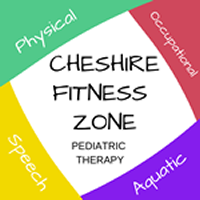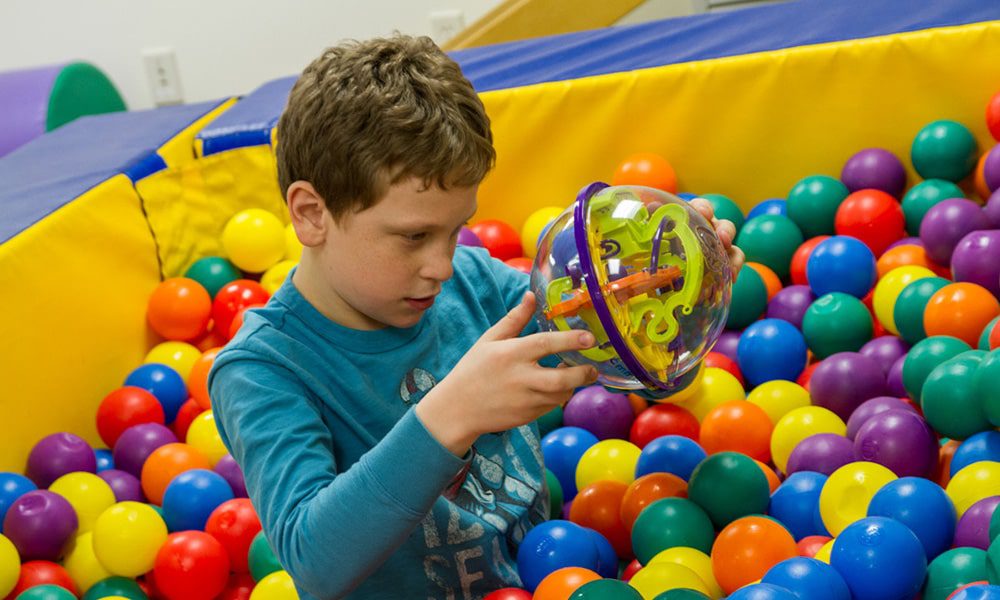There are different treatments that can be used to help children with autism. When a child is diagnosed with this condition, medical experts come up with a therapy program that can be used in the treatment process. One of the most effective forms of therapy is aquatic therapy. This is a recreational therapy that involves the use of water and it plays an important role in enhancing the child’s quality of life and improving productivity. Therapists use specifically designed water activities to help in restoration, improvement, and enhancing quality functions of a child with Autism.
Physical benefits of the therapy
According to research, water is the ideal medium for body rehabilitation or exercise. The water provides an ideal environment, which helps to reduce body weight by up to 90%. The warm water decreases stress or affect the body while also reducing spasticity and relaxing muscles. By engaging in specific well-directed water activities, the child is able to gauge his or her own body boundaries much better. The child is able to regulate the force that the body exerts when performing tasks or playing and this helps to improve posture, balance, and coordination.
Dealing with sensory issues
Children who have autism often have significant sensory difficulties that are usually very distractible. The children often have strong reactions to different textures and they can over or under react to different stimuli in the environment. The therapist starts by evaluating the water temperature as well as noise and other distractions in the water. When all the factors are taken into consideration, the water helps to provide a safe environment that supports the child while also providing him or her with necessary hydrostatic pressure. Many children are able to tolerate touch better after aquatic therapy.
Improving the child’s social skills
Group therapy sessions can help children with autism to improve their social skills. The training includes sessions that target specific skills. During these group sessions, the children work with the therapist and other children. They learn how to engage with their group mates, while also sharing toys and equipment. By experiencing cooperative and competitive play, the children develop a mental attitude and increased self-confidence. Clinicians report a substantial improvement in initiating and maintaining eye contact during and after the therapy sessions.
Help with cognitive improvements
Pediatric aquatic therapy can help children with Autism to improve their concentration and attention span. The therapy focuses on play-based functional movement, facilitating neurodevelopmental growth and improving range of motion. The therapy improves body awareness, while also helping the children to have fun. The one-on-one session can help children with autism when it comes to impulse control, ability to follow instructions and frustration tolerance.
There are numerous benefits of aquatic therapy and specialists are able to teach the children about water safety. Despite the benefits, do note that children with Autism often present safety risks when they are in the pool and their distracted nature can be a real problem, so it is important to ensure intense supervision when these children are in the water.
Interested In Aquatic Therapy For Your Autistic Child? Contact Cheshire Fitness Zone!
Related Posts:



